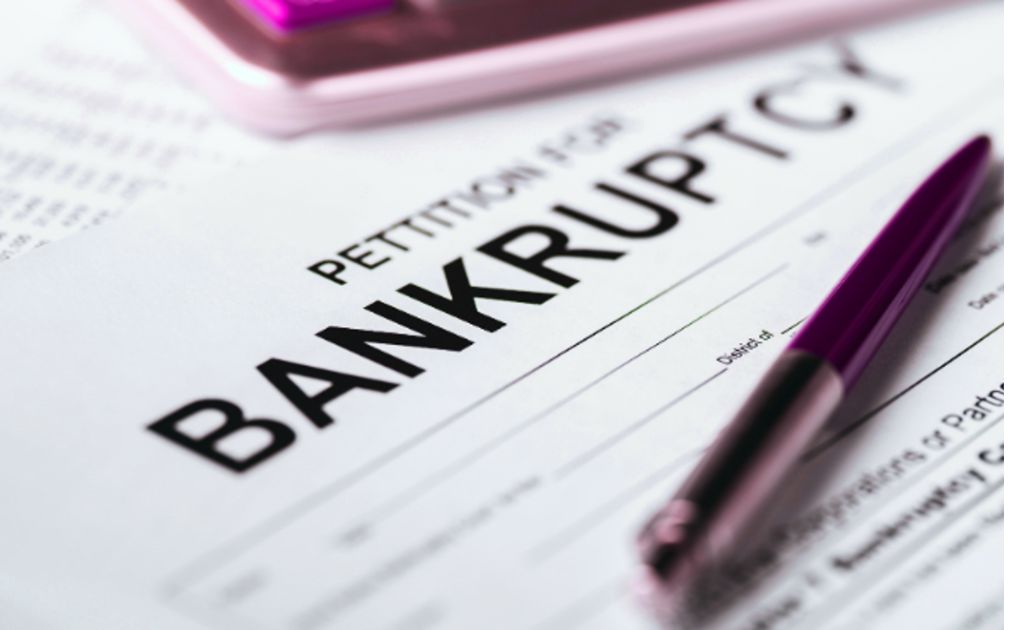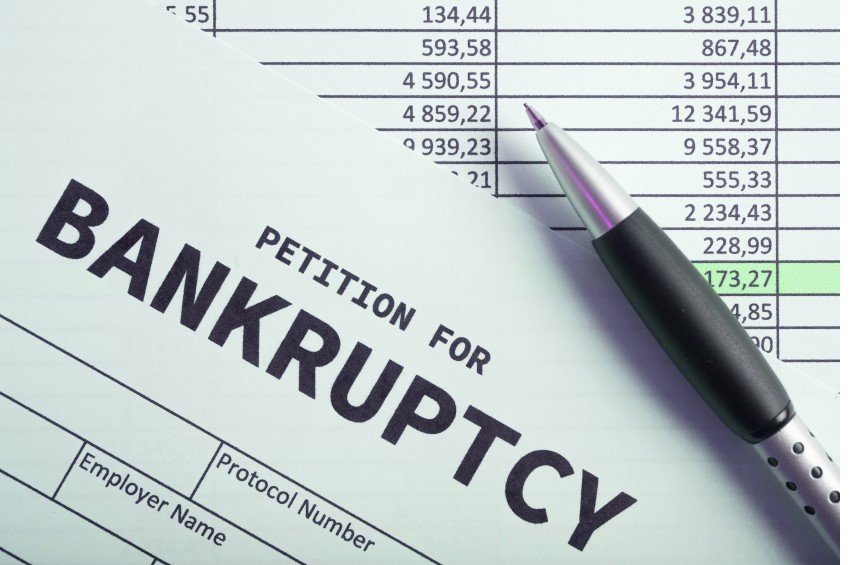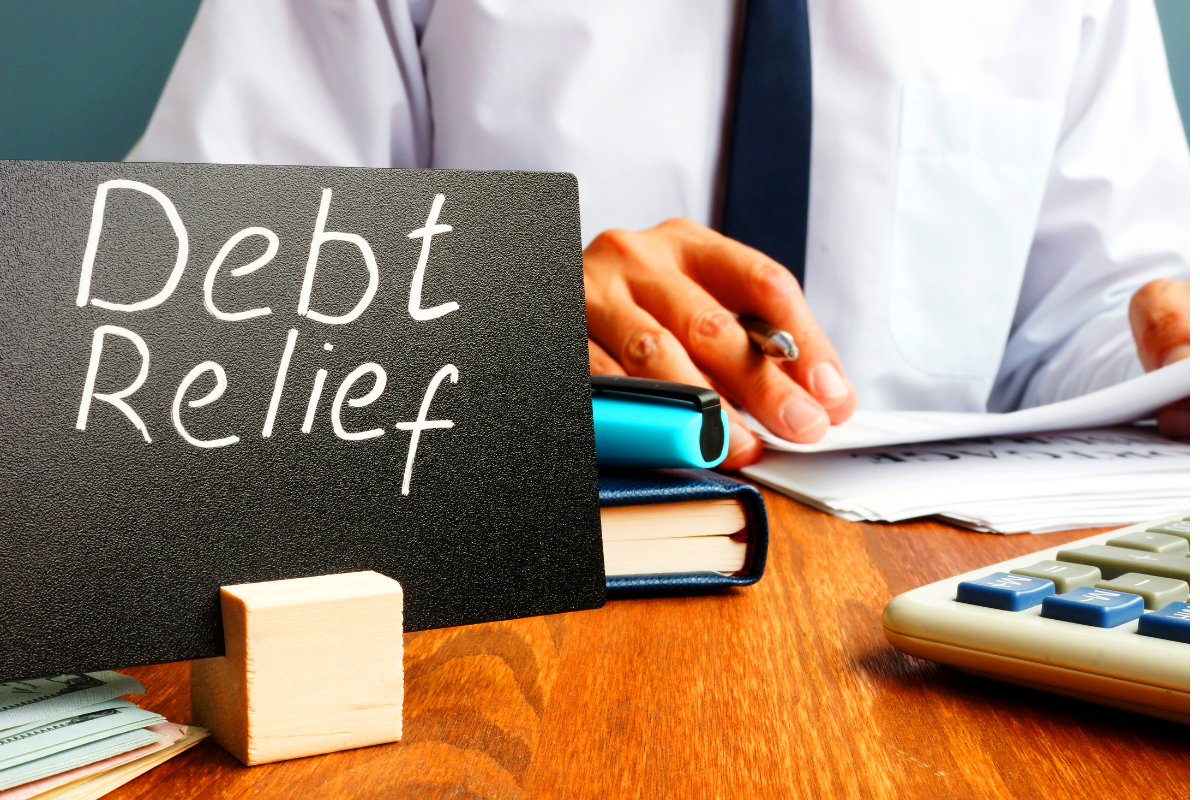The Psychology of Debt: Overcoming Financial Distress

Debt is more than just a financial burden; it’s a psychological weight that many people carry. From the stress and anxiety of owing money to the shame and guilt associated with financial struggles, the psychology of debt can have a profound impact on an individual’s mental and emotional well-being. However, by understanding the psychological aspects of debt and implementing effective strategies, individuals can work towards overcoming financial distress and achieving greater financial freedom.
Understanding the Psychological Impact of Debt
The Stress and Anxiety of Debt
Debt often leads to a constant state of stress and anxiety. The pressure of meeting financial obligations, coupled with the fear of falling further into debt, can be overwhelming. This chronic stress can take a toll on both mental and physical health, leading to symptoms such as headaches, insomnia, and even more severe conditions like heart disease.
Physical Manifestations of Financial Stress
The physical manifestations of financial stress are real and can significantly impact an individual’s quality of life. Sleep disturbances, gastrointestinal issues, and chronic pain are just a few examples of how financial stress can manifest physically, highlighting the interconnectedness of financial and mental health.
The Shame and Guilt Associated with Debt
For many people, being in debt comes with a heavy emotional burden. There’s often a sense of shame and guilt associated with financial struggles, leading individuals to feel embarrassed or inadequate. This can create a barrier to seeking help or discussing their financial situation with others, further perpetuating feelings of isolation and despair.
Social Stigma Surrounding Debt
In a society that often equates financial success with personal worth, being in debt can carry a significant social stigma. Individuals may feel judged or looked down upon by others, leading to feelings of inadequacy and low self-esteem. This societal pressure can make it even harder for individuals to seek help and take steps towards overcoming their financial struggles.
The Cycle of Debt
One of the most challenging aspects of debt is the cycle it creates. Many individuals find themselves caught in a never-ending cycle of borrowing more to pay off existing debts, only to find themselves in even deeper financial trouble. This cycle can feel impossible to break, leading to feelings of hopelessness and despair.
Psychological Triggers for Overspending
Understanding the psychological triggers that lead to overspending is essential for breaking free from the cycle of debt. Emotional shopping, keeping up with societal expectations, and using retail therapy as a coping mechanism are just a few examples of how our emotions can influence our spending habits. By identifying and addressing these triggers, individuals can gain better control over their finances and break free from the cycle of debt.
Read More: Debt Management Solutions: Breaking the Cycle of Financial Strain
Strategies for Overcoming Financial Distress
Create a Budget and Stick to It
One of the most effective ways to overcome financial distress is by creating a realistic budget and sticking to it. A budget helps individuals track their expenses, identify areas where spending can be reduced, and prioritize debt repayment. By setting clear financial goals and holding themselves accountable, individuals can regain control of their finances and work towards becoming debt-free.
Prioritize Debt Repayment
When creating a budget, it’s essential to prioritize debt repayment. By focusing on high-interest debts first and making consistent payments, individuals can make significant progress toward reducing their overall debt burden. Setting achievable goals and staying committed to them is key to long-term success in debt repayment.
Seek Professional Help
Seeking help from financial advisors or credit counselors can provide individuals with valuable guidance and support in managing their debts. These professionals can offer personalized advice, develop a debt repayment plan, and negotiate with creditors on behalf of their clients. By enlisting the help of experts, individuals can gain a clearer understanding of their financial situation and make informed decisions about their money.
Consider Debt Consolidation
For individuals with multiple debts, debt consolidation can be a viable option. Debt consolidation involves combining multiple debts into a single loan with a lower interest rate, making it easier to manage and pay off debt. This can simplify the repayment process, reduce overall interest payments, and provide individuals with a clear path toward becoming debt-free.
Practice Self-Care
Taking care of one’s mental and emotional well-being is crucial when dealing with financial distress. Engaging in activities that reduce stress, such as exercise, meditation, or spending time with loved ones, can help individuals maintain a positive outlook and cope with the challenges of debt. Practicing self-care is not only essential for managing stress but also for building resilience and improving overall well-being.
Focus on Financial Literacy
Educating oneself about personal finance is another key aspect of overcoming financial distress. Developing good financial habits, such as budgeting, saving, and investing, can empower individuals to make informed decisions about their money and build a solid financial foundation for the future. Resources such as books, online courses, and workshops can provide valuable insights into financial literacy and help individuals improve their financial well-being.
Read More: Understanding Debt Relief Options: Strategies for Financial Recovery
Conclusion
Overcoming financial distress is not easy, but it is possible with determination and the right strategies. By understanding the psychological impact of debt and implementing effective strategies for managing finances, individuals can take control of their financial future and build a solid foundation for a secure and prosperous life.
FAQs(The Psychology of Debt: Overcoming Financial Distress)
How long does it take to overcome financial distress?
Overcoming financial distress is a journey that varies for each individual. It depends on factors such as the amount of debt, income level, and willingness to implement effective strategies. With dedication and persistence, individuals can make significant progress toward becoming debt-free.
Is debt consolidation a good option for everyone?
Debt consolidation can be a helpful option for individuals with multiple debts, especially if it allows them to lower their interest rates and simplify their repayment process. However, it’s essential to carefully consider the terms and conditions of the consolidation loan and consult with a financial advisor to determine if it’s the right choice for your situation.
Can seeking professional help improve my financial situation?
Yes, seeking help from financial advisors or credit counselors can significantly improve your financial situation. These professionals can provide personalized advice, develop a debt repayment plan, and negotiate with creditors on your behalf, helping you gain control of your finances and work towards becoming debt-free.
What are some common psychological triggers for overspending?
Common psychological triggers for overspending include emotional shopping, using retail therapy as a coping mechanism, and keeping up with societal expectations. By identifying and addressing these triggers, individuals can gain better control over their spending habits and avoid falling into the cycle of debt.
How can I stay motivated while paying off my debts?
Staying motivated while paying off debts can be challenging, but setting achievable goals, tracking your progress, and celebrating small victories along the way can help keep you motivated. Surrounding yourself with a supportive network of friends and family, practicing self-care, and visualizing your financial goals can also help maintain your motivation and focus on becoming debt-free.








